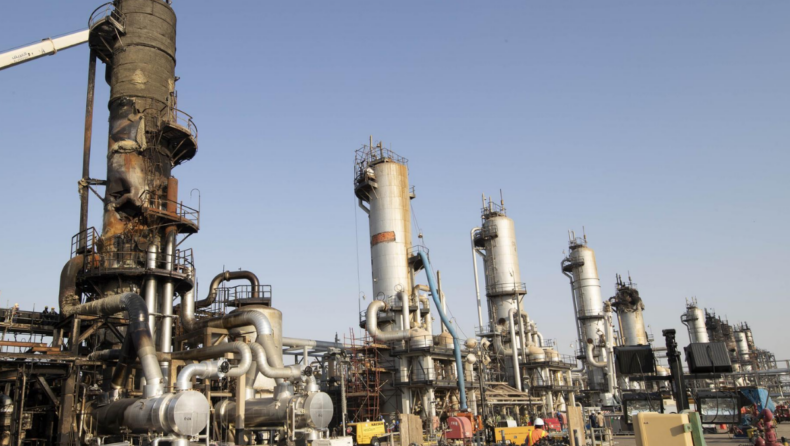Amidst the Russia-Ukraine war tension and peace talks initiations, the Saudi Energy Minister at the World Government Summit which was sponsored by the government of Dubai made apprehension about the future dispensation of oil facilities to the world from the collective capacity of Suadi and UAE.
Energy Minister Prince Abdulaziz bin Salman said at the event,
“Earlier, we, along with our friends in the UAE, worked on a collective effort to assure and ensure energy security. These pillars are no longer there.”
At a time when the market is already in a state of flux, Saudi Arabia’s oil minister reiterated that the kingdom’s ability to provide energy security is no longer assured.
The Minister mentioned the cross-border attacks as the primary cause that have put to question Saudi’s ability to supply the world with the necessary energy requirements. These attacks have been carried out by Yemen’s rebel Houthis with Iran’s support and assistance.
The history behind the attacks
The Houthis deploy drones and missiles to attack oil infrastructure in the kingdom, and they have even struck targets in Abu Dhabi, the capital of the United Arab Emirates.
On March 26: An attack on a Saudi oil storage facility in the Red Sea coastal city of Jiddah.
On February 27: The Houthis launched strikes on Riyadh and other cities throughout the Kingdom.
On January 17: In the United Arab Emirates, the al-Houthi movement targeted civilians.
There had been a series of attacks and counters from both sides. While the losses incurred on the Saudi and emirates has had more consequence as it affects the petrochemicals and crude rates.
History of Hostility
The Houthis belonged to the Zaidi Shia sect from Yemen’s northwestern Saada district where they account for around 35% of Yemen’s population. Whereas Saudi Arabia is Yemen’s neighbour and shares an over 1,300-km border with it.
In 2004, the Houthis began an insurgent movement against the Yemeni government which cascaded into several years of conflict between the Houthis and Yemen’s Sunni majority government followed.
In 2012, in the wake of the Arab Spring protests Ali Abdullah Saleh Yemen’s president since 1990 was forced to step down. He was succeeded by his vice-president, Abd Rabbu Mansour Hadi.
In 2015, Saleh aligned himself with the Houthis against Hadi. In 2017, however, Saleh broke his alliance with the Houthis and crossed over to the side of their enemies -the Saudis, the UAE, and President Hadi. This resulted in Saleh being assassinated in the December of 2017.
However, in March 2015, a nine-nation coalition led by Saudi Arabia had already begun bombing the Houthis after getting logistical and intelligence assistance from the US. The airstrikes were launched in support of Hadi’s forces, who were attempting to retake Sana’a from Houthi control.
These interventions were primarily for the region’s fundamental power struggle between Saudi Arabia and Iran. As Riyadh and the West speculated that the Iranian leadership supported the Houthis both militarily and financially.
Present Implications
As the Biden Administration and the EU are trying to pacify their relations with Iran by reviving the 2015 Iran nuclear agreement and also the US being meddled in proxy wars with Russia, the future of the Arab nation’s stability remains uncertain. Also, relations between the Biden administration and Saudi Crown Prince (the kingdom’s de-facto ruler) Mohammed bin Salman remain tense.
What seems certain is the rising prices of crude oils and petrochemicals. The Brent crude prices are trading above $110 a barrel, though have soared at times past $120. Oil prices have already shot up to the highest in years amid an attack on OPEC’s largest oil producer Saudi Arabia.
Published by: Shivani Bhalke
Edited by: Subbuthai Padma













